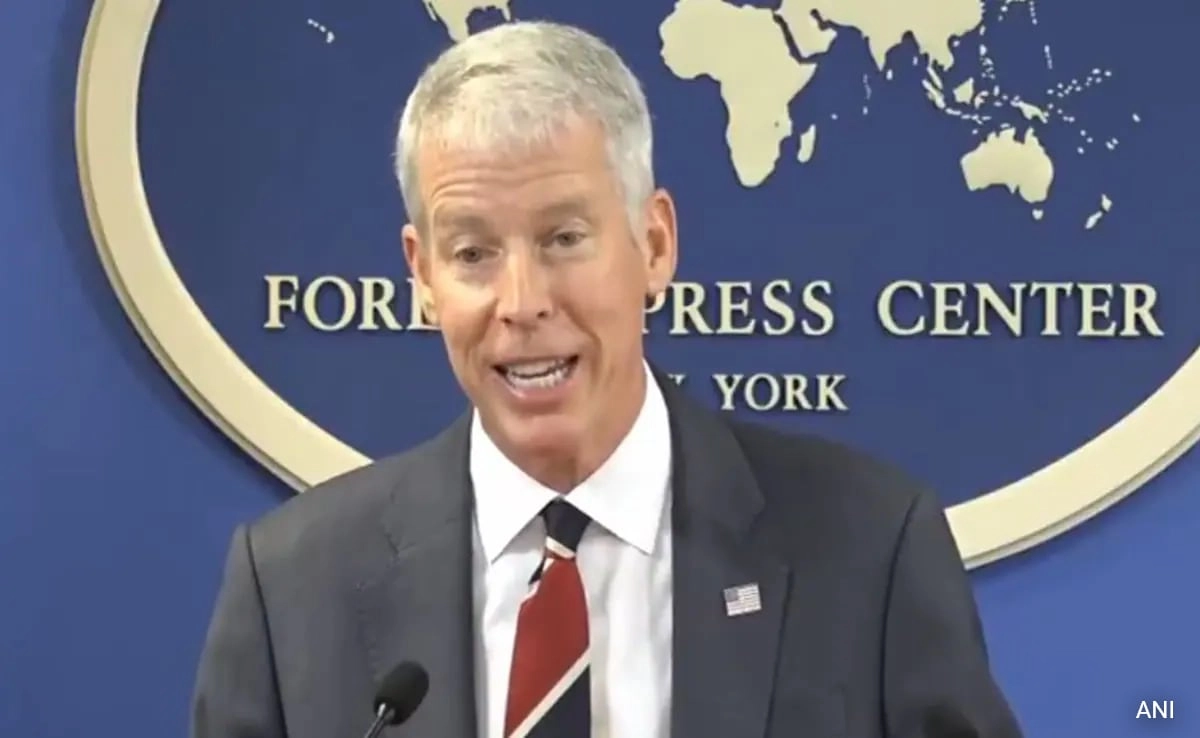In a recent controversy surrounding remarks made by a senior aide to former President Donald Trump, discussions have erupted regarding the implications of U.S.-India relations. The aide’s statement, “We don’t want to punish India,” has sparked significant debate, particularly in the context of the ongoing geopolitical tensions in South Asia. This comment was reportedly made in a discussion about India’s stance on certain international issues, which some in the U.S. administration have interpreted as not aligning with American interests. The aide’s insistence on avoiding punitive measures against India seems to underscore the complex dynamics between the two nations, particularly given India’s strategic importance in counterbalancing China’s influence in the region.
However, the aide’s remarks took a crude turn when he suggested alternative strategies that raised eyebrows among political analysts and diplomats alike. This crude suggestion, while perhaps intended to be provocative, reflects a concerning trend in political discourse where nuanced diplomatic relations are overshadowed by blunt and often inappropriate rhetoric. Such statements not only risk alienating key allies but also complicate the efforts of U.S. foreign policy aimed at fostering cooperation and understanding between nations. The fallout from these comments could jeopardize the fragile diplomatic ties that have been nurtured over years, emphasizing the need for a more thoughtful approach to international relations.
As the U.S. navigates its foreign policy in an increasingly multipolar world, understanding the implications of such comments is vital. The relationship with India is particularly critical, not only for bilateral trade and security cooperation but also for collaborative efforts in addressing global challenges like climate change and terrorism. Thus, it is essential for officials, regardless of their political affiliations, to engage in dialogue that promotes mutual respect and understanding rather than resorting to language that may be perceived as dismissive or combative. The controversy surrounding this aide’s remarks serves as a reminder of the delicate balance that must be maintained in international diplomacy, particularly with countries that play a key role in regional stability and global affairs.




